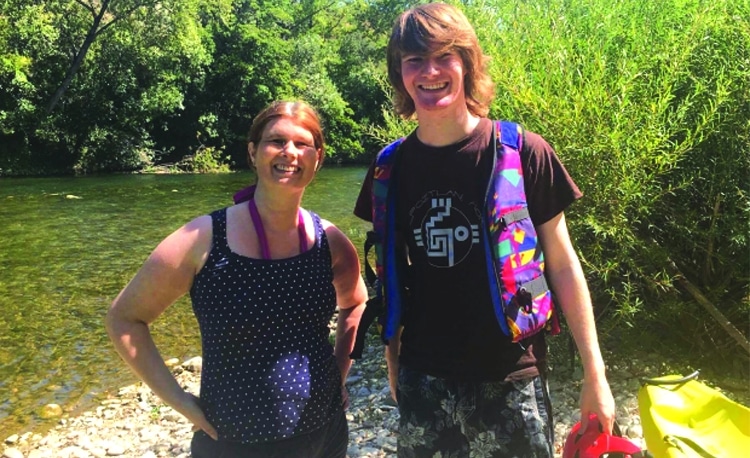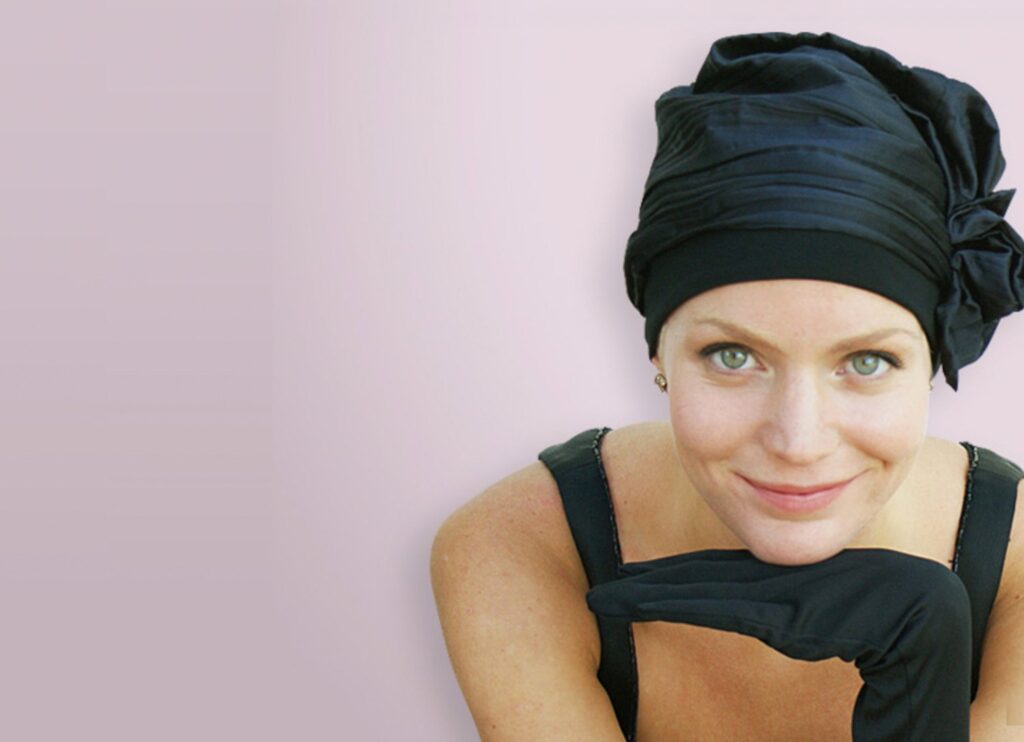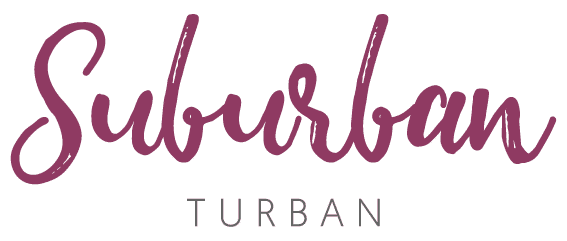Menu
Have you experienced chronic fatigue post cancer treatment?

Our thanks to Rachel B who is our guest blogger this month. Talking about her personal experiences coping and managing chronic fatigue post treatment for breast cancer. As you can see from this super picture, she is leading a full and active life – read on for her top strategies on how she did it.
I was diagnosed with breast cancer in July 2012. I was a busy Mum with 4 children aged 15, 13, 10 and 8, a part time teacher and Brownie leader. It was completely out of the blue, there is no family history of cancer at all.
I was told from the start that I’d need a mastectomy, chemotherapy and probably radiotherapy. It was a huge amount to get my head round and I was scared of dying, but I tried to grit my teeth, to get through it, with a view that it was a blip and I’d get back to my normal life. I went back to work in June 2013 and felt OK. I was more tired than before, chemo brain made it hard to concentrate but I was getting better.
After finishing chemo
Then in January 2014, a year after finishing chemo, I got a cold. It’s a bit of an occupational hazard in a primary school. Within a week I was really struggling. I was feeling dizzy, tired with disturbed sleep, emotional and overwhelmed by noise. I tried to keep going but ended up being signed off sick. My GP thought I was depressed so suggested anti-depressants but that didn’t feel right. It felt like the low mood was due to fatigue, not the other way round.
Referral to a fatigue clinic
A friend from a support group suggested asking for a referral to a fatigue clinic. I had to wait for funding to come through but finally was seen and diagnosed with cancer related fatigue. It was such a relief to have it recognised. The symptoms I’d been having made sense now and we could start working on strategies to help me recover.
The main problem with fatigue that I found was the boom and bust cycle. You feel OK and do some activity, but actually the effect of that hits the next day, or the day after. It’s called post exertional malaise and it is incredibly frustrating. I remember going swimming, not over doing it and feeling fine but the next day I could barely get out of bed. The way to avoid this is to reduce activity, so you’re not paying for it later and then build up slowly. That sounds easy but it was incredibly difficult for someone who was used to being busy, pushing through tiredness and got self worth from doing that. I ended up seeing the onco-psychologist who really helped.
Recovery strategies
Recovery has been long and slow. It’s hard because I look well, unlike when I was going through cancer treatment, so people assume you’re better. Everyone gets tired so it’s difficult to explain the lack of energy. An example – simply having a shower means that you have to have a lie down afterwards.
The main strategies that have helped me are the 3 Ps – prioritising, planning and pacing.
Prioritising – think about what really needs doing. Does it matter if the hoovering isn’t done? Can someone else do it? Delegate as much as possible.
Planning – I still think about my week and build in rest days. Give yourself recovery time.
Pacing – don’t do too much at once. Break tasks down into smaller pieces, take a rest in-between.
Other things that have helped are –
Keeping a fatigue diary – Note down symptoms and energy levels, see if there are patterns.
Build activity up slowly
Find what energises you – I know that getting outdoors for a walk helps me, especially in woods or by water. Singing helps too. Meditation helps recharge me.
Be prepared for relapses. I’ve had a few after colds and they’re tough, it’s hard to be knocked back down again, but I’ve found recovery is quicker.
5 years on
I’m now 5 years from finishing active treatment. I’ve been having acupuncture for the last year which seems to be really helping. I’m managing to work a couple of days a week. I’m going Nordic walking, sing in a choir, do Pilates and have even started ‘Clubbercise’. I still have to balance that by going to bed and resting, but there’s been a huge improvement over the last year. OK, I didn’t bounce back as I expected when I was diagnosed, but like a tortoise I’m getting there in the end!
Facebook
Twitter
LinkedIn
WhatsApp

ABOUT THIS BLOG
News and advice for women experiencing hair loss.
